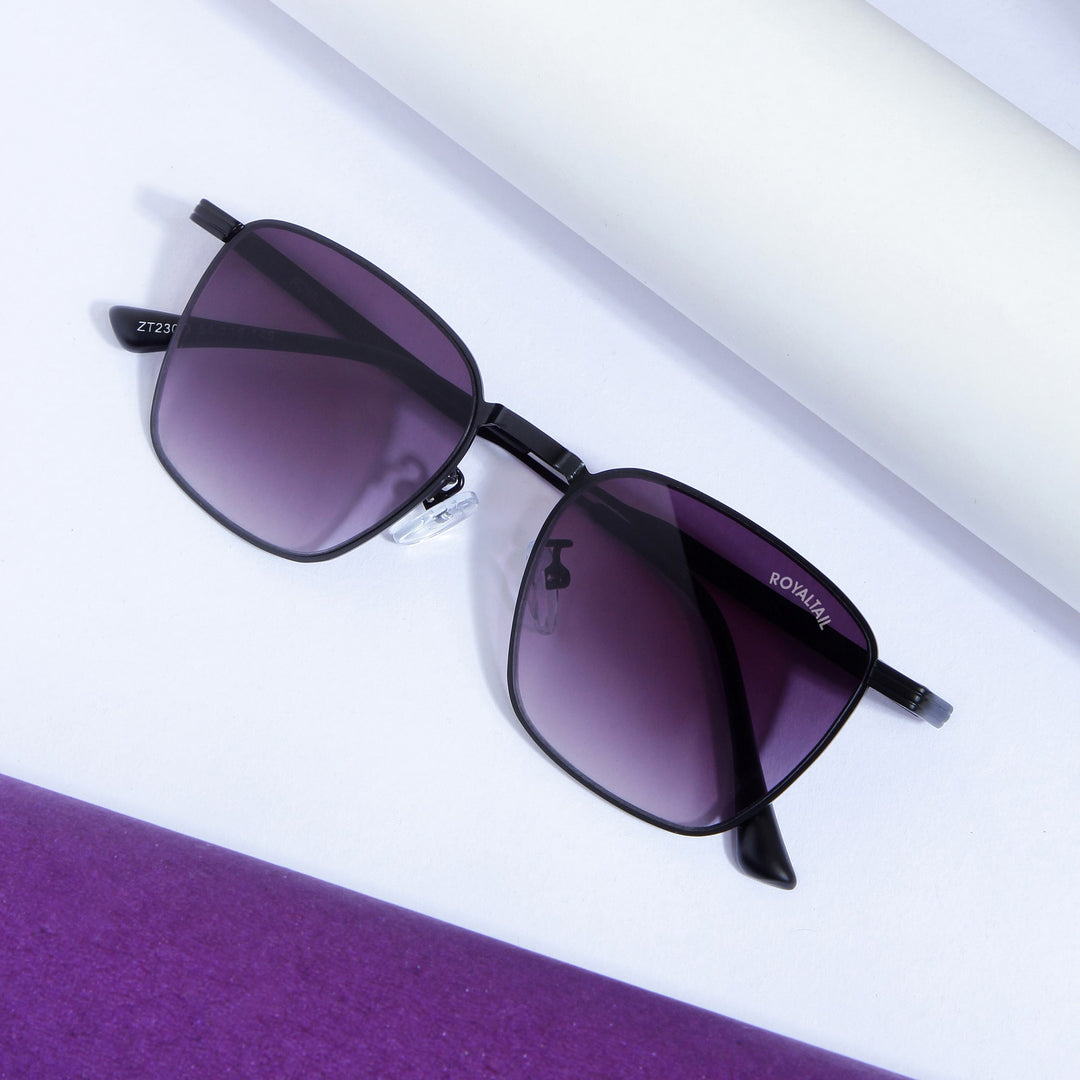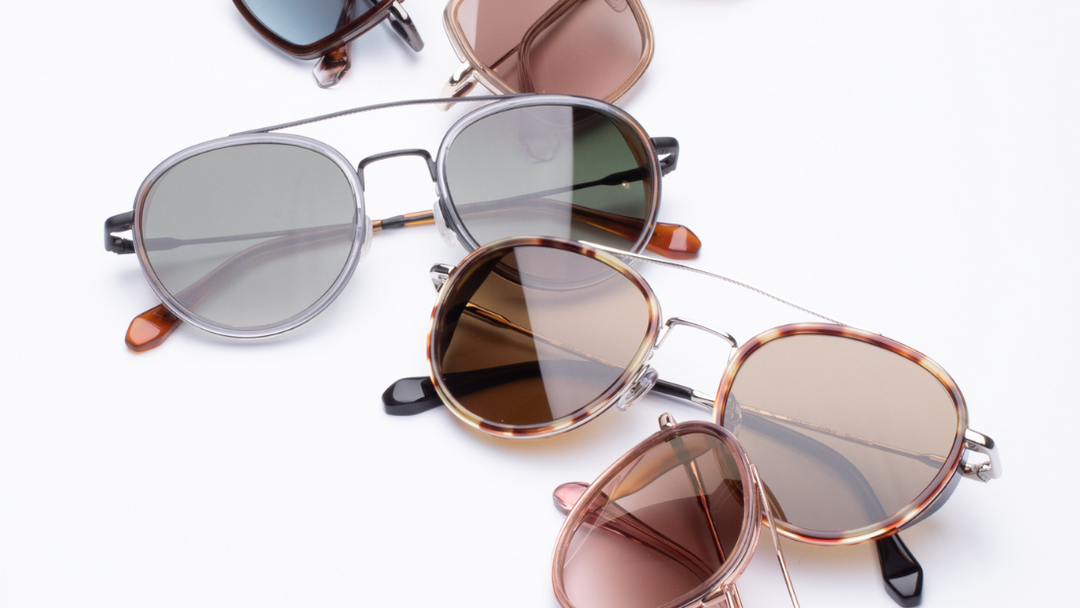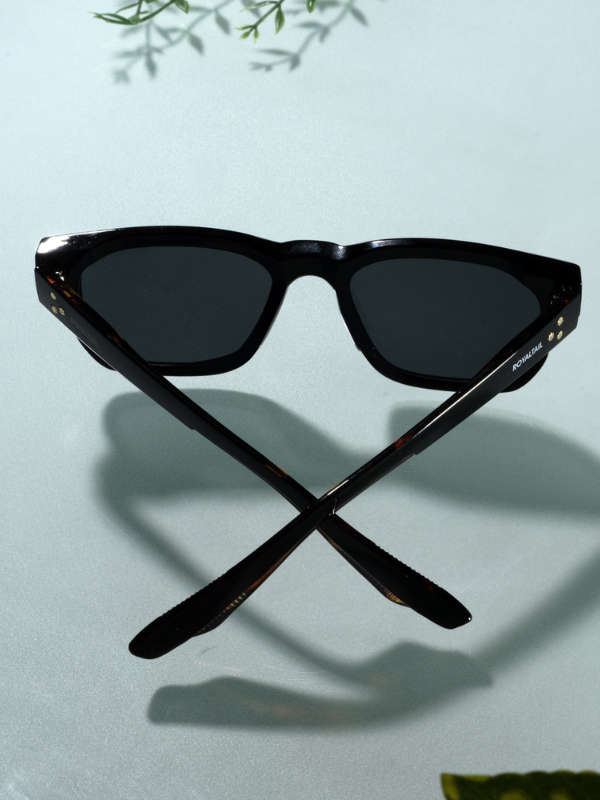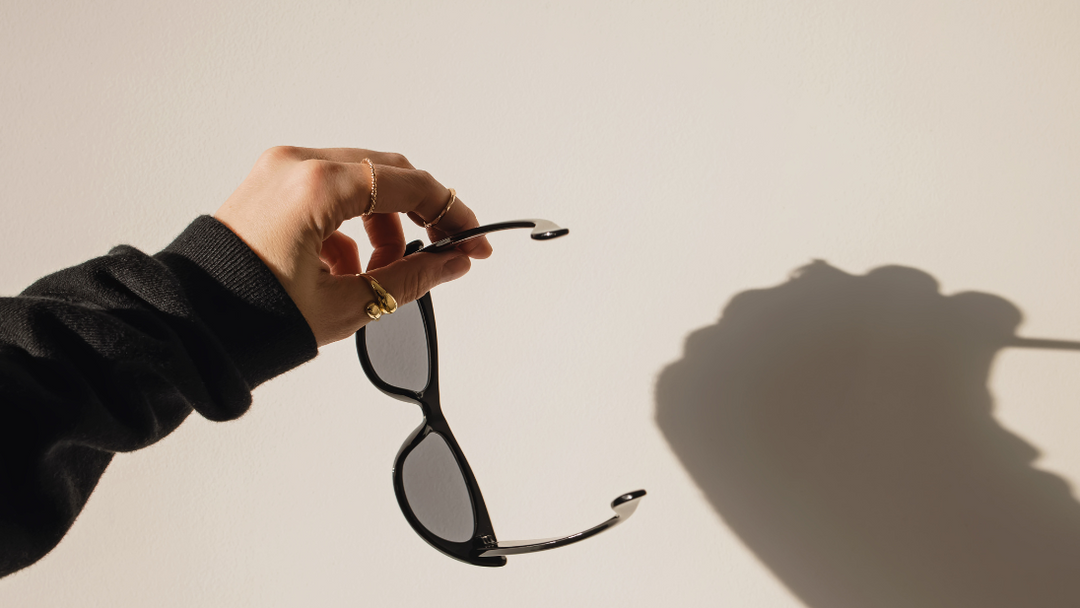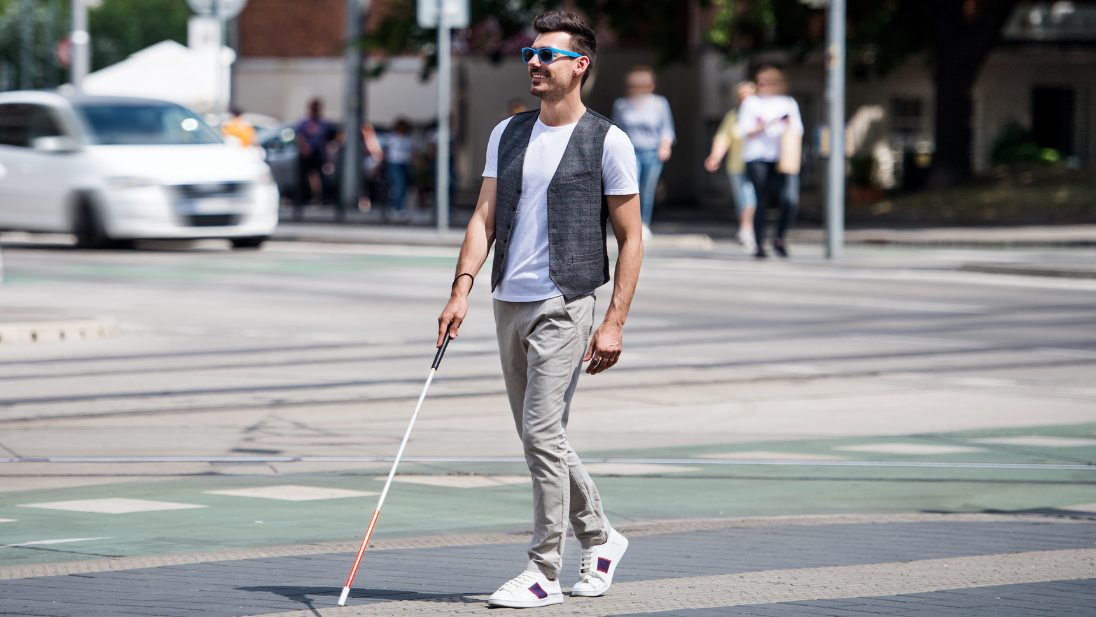
Introduction:
It's a common sight to see blind individuals wearing sunglasses even in indoor settings or at night. This practice often raises questions and curiosity among observers. In this article, we'll delve into the reasons behind why blind individuals wear sunglasses constantly, exploring the physical, practical, and psychological factors that influence this choice.
Protection from Light Sensitivity:
One of the primary reasons blind individuals wear sunglasses is to protect their eyes from light sensitivity. Many blind individuals have heightened sensitivity to light, a condition known as photophobia. Exposure to bright lights or sunlight can cause discomfort, pain, and even headaches for individuals with this condition. By wearing sunglasses, blind individuals can shield their eyes from harsh light and minimize discomfort, allowing them to navigate their surroundings more comfortably.
Maintaining Privacy and Comfort:
Wearing sunglasses can provide blind individuals with a sense of privacy and comfort in social situations. Blindness can make individuals feel vulnerable or exposed, especially in crowded or unfamiliar environments. Sunglasses offer a degree of anonymity and protection, allowing blind individuals to feel more at ease in public settings. Additionally, sunglasses can help to conceal facial expressions or eye movements, providing a sense of privacy and control over personal interactions.
Symbol of Visual Impairment:
For some blind individuals, wearing sunglasses serves as a visual cue or symbol of their visual impairment. It communicates to others that they have a vision-related disability and may require assistance or accommodation. By wearing sunglasses, blind individuals can signal their condition to strangers, caregivers, and service providers, facilitating communication and understanding. Additionally, wearing sunglasses can help to reduce the stigma associated with visual impairment and promote greater acceptance and inclusion in society.
Coping with Emotional and Psychological Challenges:
Blindness can be accompanied by a range of emotional and psychological challenges, including anxiety, depression, and low self-esteem. Wearing sunglasses can serve as a coping mechanism for managing these emotional difficulties. It provides a sense of control and security in uncertain or stressful situations, helping blind individuals to feel more confident and empowered. Additionally, sunglasses can act as a barrier against unwanted attention or intrusive inquiries, allowing blind individuals to maintain their dignity and independence.
Facilitating Orientation and Mobility:
Orientation and mobility are essential skills for blind individuals to navigate their environment safely and independently. Sunglasses can play a practical role in facilitating orientation and mobility by reducing distractions and enhancing focus. By minimizing glare and visual distractions, sunglasses allow blind individuals to concentrate on auditory and tactile cues, such as sounds, textures, and cues from mobility aids. This can improve their ability to navigate unfamiliar or complex environments with greater confidence and efficiency.
Accessorizing and Personal Style:
Just like sighted individuals, blind individuals may choose to wear sunglasses as a fashion accessory or to express their personal style. Sunglasses come in a variety of styles, colors, and designs, allowing individuals to find a pair that complements their wardrobe and reflects their personality. While practical considerations such as light sensitivity and privacy are important, blind individuals also enjoy the opportunity to accessorize and experiment with different looks using sunglasses.
Cultural and Social Norms:
In some cultures, wearing sunglasses is considered a normative behavior, regardless of visual ability. Blind individuals may adopt this cultural practice as a way of fitting in or adhering to social expectations. Additionally, wearing sunglasses can help to avoid social awkwardness or discomfort when interacting with sighted individuals who may not understand the reasons behind the constant use of sunglasses. By conforming to cultural and social norms, blind individuals can navigate social interactions more smoothly and avoid unnecessary explanations or questions.
Conclusion:
The reasons behind why blind individuals wear sunglasses constantly are multifaceted and complex, encompassing physical, practical, psychological, and cultural factors. Whether it's to protect against light sensitivity, maintain privacy and comfort, signal visual impairment, cope with emotional challenges, facilitate orientation and mobility, express personal style, or adhere to cultural norms, wearing sunglasses serves a variety of purposes for blind individuals. Ultimately, the decision to wear sunglasses is a personal one, influenced by individual preferences, needs, and experiences. By understanding and respecting the reasons behind this practice, we can foster greater empathy, acceptance, and inclusivity for blind individuals in society.

By John Smith...
About the author: It is a long established fact that a reader will be distracted by the readable content of a page when looking at its layout. The point of using Lorem Ipsum is that it has a more-or-less normal distribution of letters, as opposed to using 'Content here, content here', making it look like readable English.



